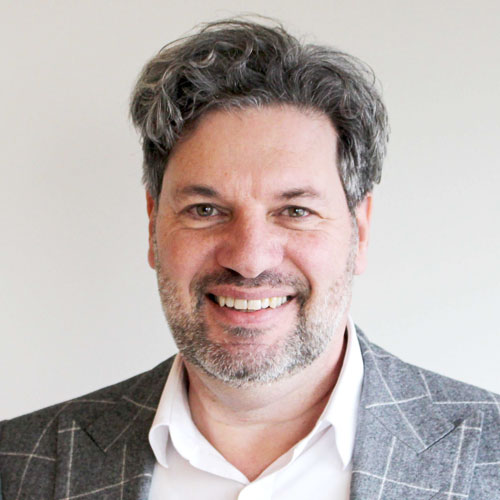Jane Daly reports on the exchange conversation with Julian Stodd who considers the question of trust in, and the value of, social learning in organisations
We are in the ‘social age’ of learning, where the bywords are agility and engagement, where formal experiences are less valuable than applied ones, where traditional models of authority and expertise are subverted by more social methodologies that rely on communities and sharing.
More features
How to create effective learning transfer
How can we create organisational change that works and even feels good?
A look at the future of the UK’s Telecoms in 2017
We are in a time of change: change in how organisations and individuals engage with each other, changes in our relationship with technology, changes in how we engage within communities to learn to create meaning.
The social age is changing the way we live and work and as organisations and businesses we must adapt or die. Social learning is about helping each other, building learning networks, solving problems together and sharing stories. This is sometimes called ‘tacit‘ or ‘tribal‘ knowledge, and it’s the things you already know, alongside what everyone you know knows.
When we talk about creating social learning within an organisation, we mean creating a learning journey that incorporates both of these elements: the formal and the social.
The socially dynamic organisation is fully adapted, scaffolded and reconfigurable: facilitating and enabling with dynamic communities co-creating the knowledge that is needed to innovate and find a way forward. At the heart of this is a notion of trust, trust powers the socially dynamic organisation, but it is a trust which is earned and not demanded.
Stodd is currently building on his work and is involved in a global research study of trust and how this impacts organisations. The landscape of trust is a critical element of a socially dynamic organisation.

The Landscape of Trust – by Julian Stodd
The landscape of trust
The first part of the landscape of trust puts parameters around the highly subjective notion and uses a diagnostic to plot a heat map of where an organisation or individual sits against the baseline.
The second part is the framework for individuals to explore how their personal view of trust impacts on their actions, their reputation, and the wider organisation.
The third part, which looks at cultural impact, correlates to the landscape diagnostic, and perhaps develop into a journey for targeting interventions to make incremental gains in organisational trust.
During the exchange at Learning Technologies the group explored three areas of Stodd’s research.
Organisations need to earn trust in its values
The research is clearly showing that organisations don’t live by aspirations and values but they expect their employees to. Trust in these values needs to be earned. Some early research is showing that people trust technology more than they trust organisations.
Trust is earned slowly but fractures fast
Engagement is a critical priority in building trust. Creating a culture of social leadership and social capital is key in building trust but it is earned slowly. Regarding setting up social networks, more than half of people say trust comes from someone they have something in common with.
Trust and creating a culture of innovation and creativity
Organisations need to build trust in their employees. Many leading organisations talk of a desire for more instrumentation and control (I&C) activity, but they often over-control good people making them feel disempowered and stifled.
Following the discussion our exchange participants shared their key take-aways:
- Work out loud for the first 100 days in a new job
- Be simple, be inspired, be humble, read more
- Change happens in space not systems
- In social leadership relinquish control
- Define social learning
- To change you must learn the truth about your organisation
- It takes six weeks to measure the outcome of change
- Let go / relinquish some control
Find out more about Julian Stodd by visiting his website SeaSaltLearning or follow @julianstodd or on LinkedIn: https://www.linkedin.com/in/julian-stodd-6774377/
About the exchange programme:
The LT Exchange is a free opportunity to have round table discussions with some of the world’s most influential learning sector thought-leaders – and is available to all L&D practitioners visiting the Learning Technologies exhibition.
A collaboration between Learning Technologies and Towards Maturity, the Exchanges programme was launched in 2011 with the aim to share effective practice, thought leadership and stimulate innovation in L&D.
This year, the Learning Technologies Exchanges was co-hosted with Training Journal and tackled the practical issues facing today’s L&D leaders: supporting change, leveraging networks, mobile learning, micro learning and how to get ahead with technology in 2017.



